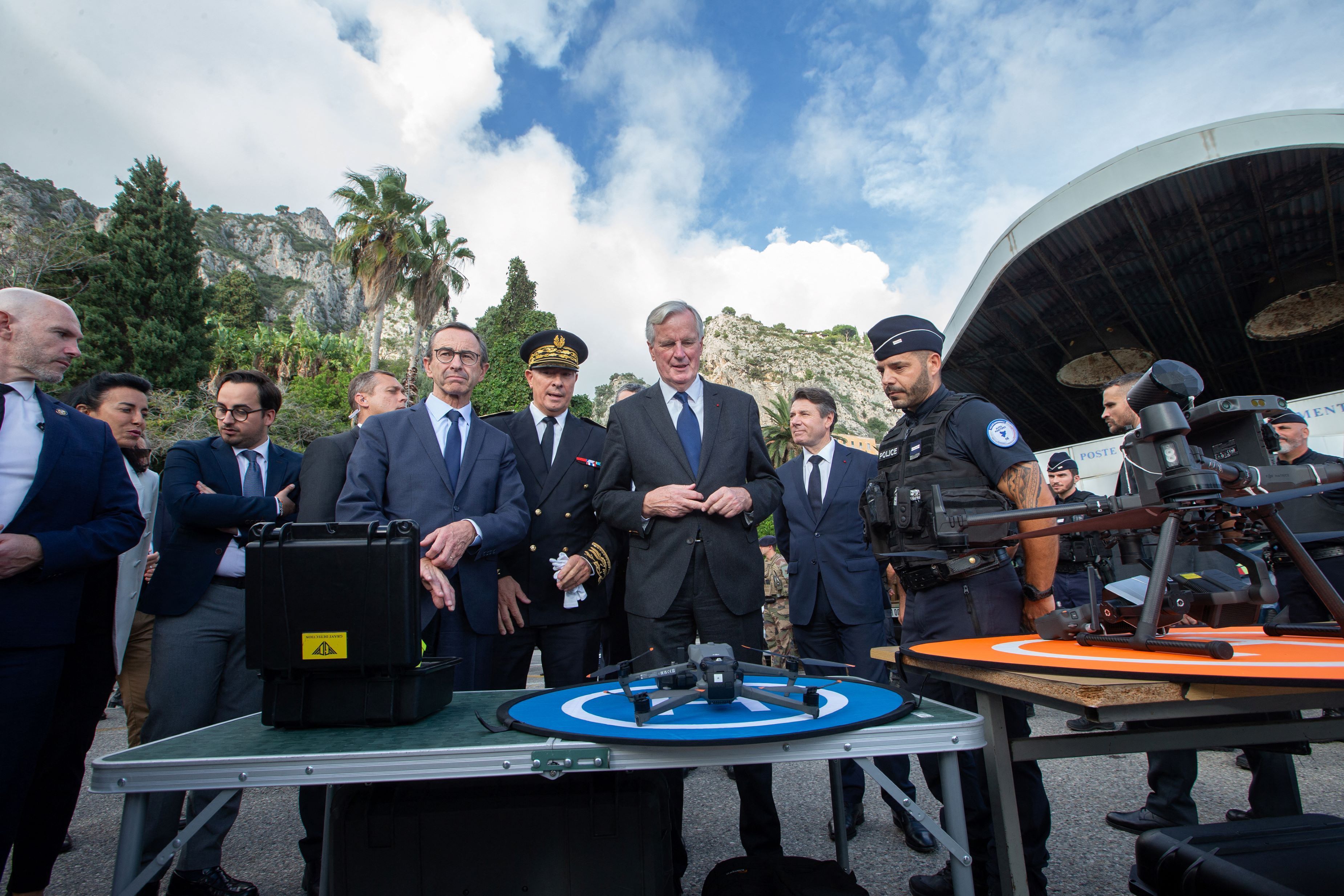France prepares to implement controls at all land borders

France will begin carrying out identity controls at all its land borders this week. There have been checks at its border with Italy since 2015, and the measure will be extended on 1 November.
"This is a model that has proved its worth," prime minister Michel Barnier wrote on X after visiting the French-Italian border. "We are going to extend it to all France's land borders."
The measure targets illegal immigration. European law allows temporary border controls within the Schengen zone, the area in which people can normally travel freely, but the duration of checks has already been stretched in France and elsewhere.
France justifies the extension by citing "serious threats to public order and internal security from terrorist activities, the growing presence of criminal networks facilitating illegal migration and trafficking, and migratory flows at risk of being infiltrated by radicalised individuals".
Unauthorised entry
Germany started controls on all its borders, including Belgium's, in mid-September. On the Belgian border, the measure is largely limited to spot checks.
The Netherlands also plans to introduce border controls from the end of November. Prime minister Dick Schoof announced that irregular migrants and asylum seekers who have applied for asylum elsewhere in Europe will be sent back to Germany and Belgium at the borders.
More than 53,000 unauthorised entries into Germany were recorded in the first nine months of the year, German police told the Bild newspaper on Sunday.
"This is a model that has proved its worth. We are going to extend it to all France's land borders"
Provisional figures show that 1,195 people smugglers were arrested and officers recorded 1,088 cases of smuggling. The figures do not take into account checks at airports and ports.
Land border controls also led to the recovery of 7,783 people against whom arrest warrants had been issued, in some cases international warrants.
Most of the returns took place at the borders with Switzerland, Poland and Austria and were largely people from Ukraine, Syria and Afghanistan. Officers were also confronted with almost 1,500 people previously deported from Germany who were trying to return.
French prime minister Michel Barnier visits the French-Italian border, 18 October 2024 © PHOTO ROLAND MACRI / HANS LUCAS VIA AFP
Related news

